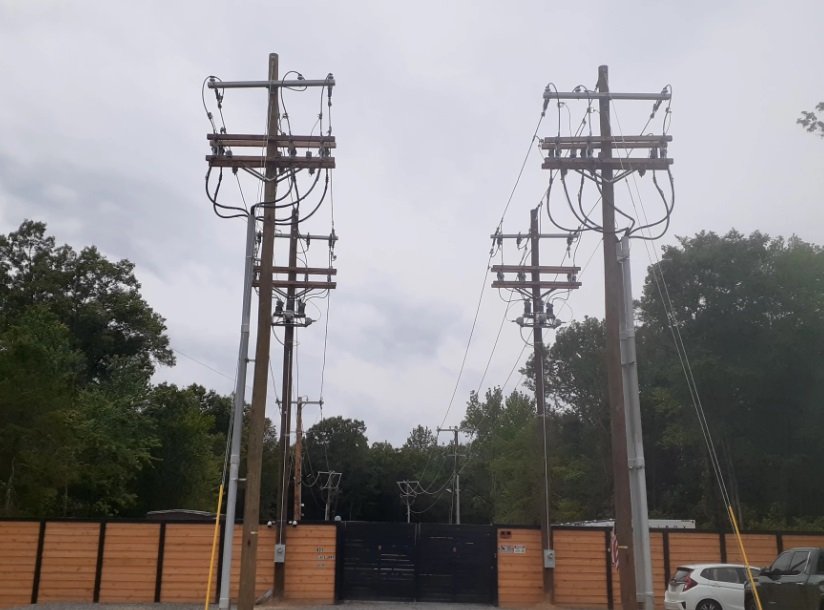What Are Cryptocurrency Kiosk Scams?
Cryptocurrency kiosk scams are on the rise in Arkansas. For years, scammers have defrauded Arkansans out of their hard-earned money through gift card scams and wire money transfers. With the growth of technology, scammers have broadened their tactics to include cryptocurrency, a digital currency purchased with real money.
“Cryptocurrency or Bitcoin-related scams are significantly more difficult to track than cash or credit. Cryptocurrency is often referred to as ‘Bitcoin.’ While Bitcoin is one of the most well-known forms of cryptocurrency, there are multiple types. Scammers typically direct consumers to deposit money in cryptocurrency kiosks or ‘Bitcoin ATMs,’ which are ATM-like machines located in gas stations, liquor stores, and other places. Once the money is placed into the kiosk, it’s gone. There is no way of getting it back. Make sure you know the signs of a cryptocurrency scam and keep your money safe. Last year alone, my office received complaints from consumers totaling more than $400,000 in lost money in cryptocurrency kiosk scams.
“Recovering money lost to cryptocurrency scams is extraordinarily rare, but my office has had some recent success. Thanks to the excellent work of Investigator Shamikah Johnson, my office recently recovered $52,000 in funds that were lost to cryptocurrency kiosk scams. I’m extremely proud of Shamikah’s work, but make no mistake, this type of recovery is rare. Consumers should not assume that when they use these kinds of kiosks that their money can be recovered.” – Attorney General Tim Griffin
How Do These Scams Work, and What Are the Dangers?
Scammers will call or text consumers claiming to be a legitimate institution, such as a bank or a government institution.
Often, they create a sense of urgency by stating an account has been compromised or you owe the government back taxes or missed court and owe several thousand dollars. Scammers may even send you documents that look official or “spoof” a legitimate organization, meaning the caller ID will show an organization’s name.
Once the scammer has the consumer worried, they direct the consumer to deposit money into a cryptocurrency kiosk or Bitcoin ATM. These ATMs often include a screen that says transfers are nonreversible and includes warnings about cryptocurrency scams. Consumers must agree to these disclosures before depositing money, which is why the owner of the machine cannot just open the machine and give consumers their money back.
Payments through kiosks are quick and immediate. Transactions cannot be reversed and are often untraceable. There are no legal protections or government-insured protections when using a Bitcoin ATM.
5 Ways to Protect Yourself
No legitimate business will demand advance payment through a Bitcoin ATM.
No government organization will contact you via text message to pay a bill or ask you to pay through a Bitcoin ATM.
Do not pay anyone who contacts you with cryptocurrency, wire transfer, or gift cards. If you are contacted about cryptocurrency, hang up and try calling the institution back (like the sheriff’s office, utility company, or your bank) through a known number.
Never provide personal information to anyone you do not know. Contact a trusted relative or friend and ask for advice.
Finally, if you’ve been the victim of a cryptocurrency scam, contact the Office of the Attorney General and file a complaint.
Arkansans who wish to report concerns about potential cryptocurrency kiosk scams should contact the Office of the Attorney General by calling (800) 482-8982, emailing consumer@arkansasag.gov, or by visiting https://arkansasag.gov/file-a-complaint.






